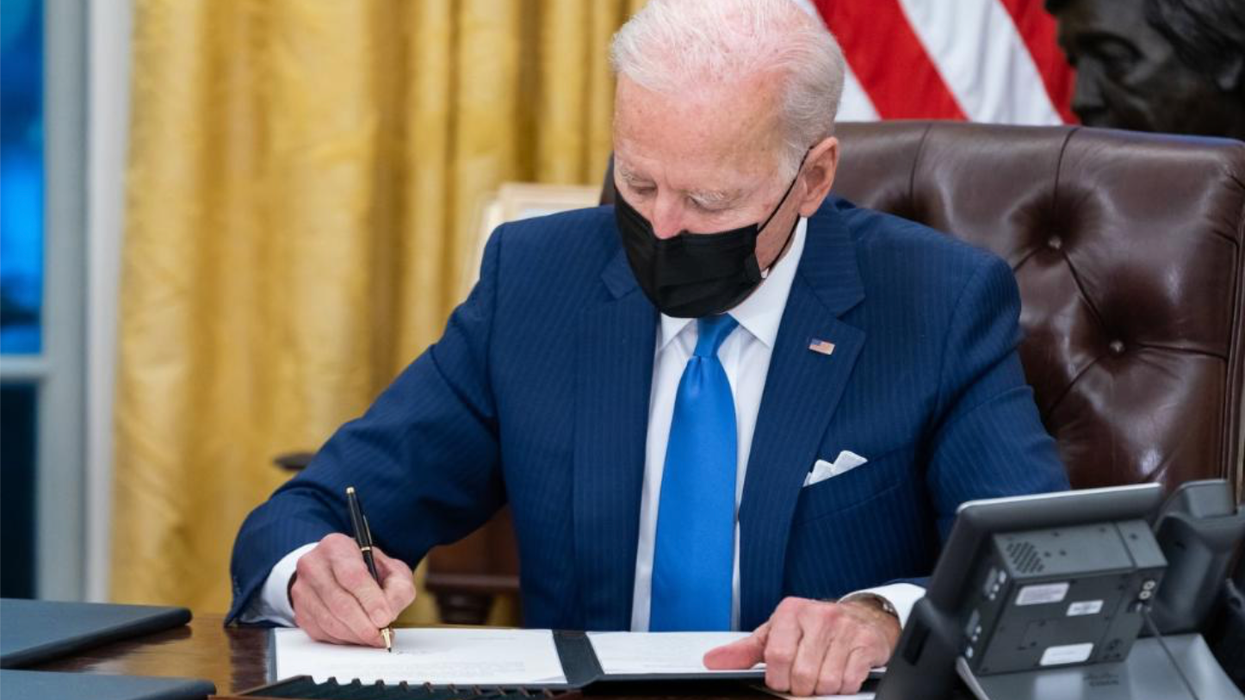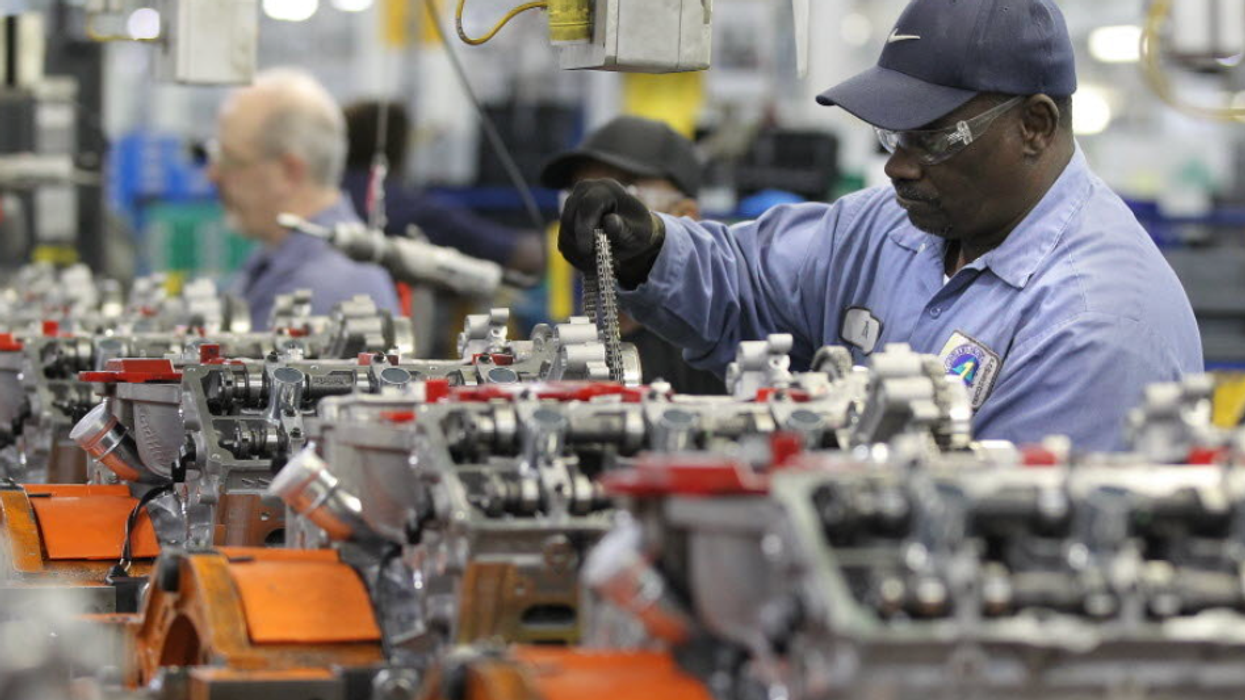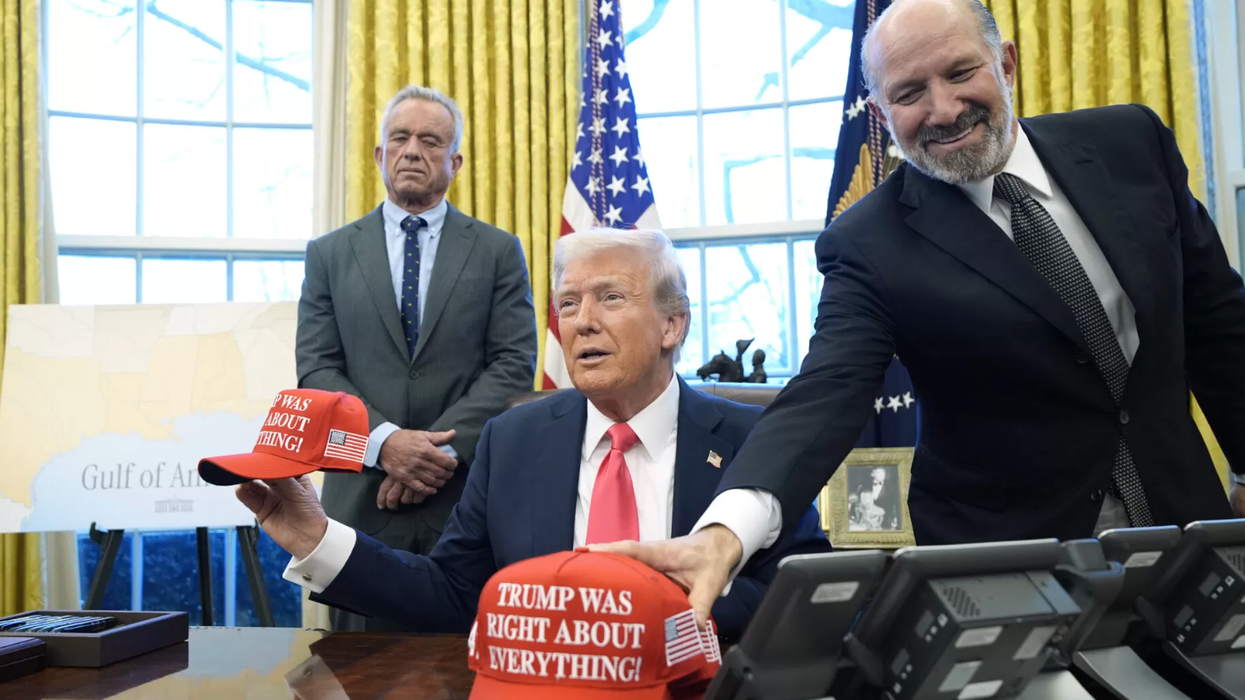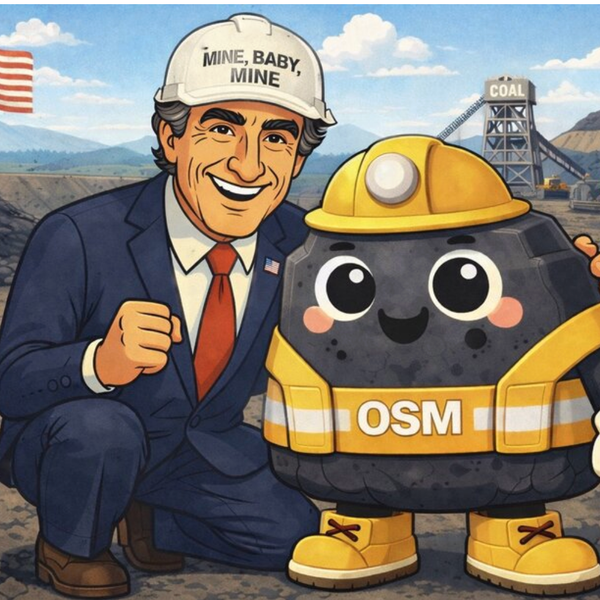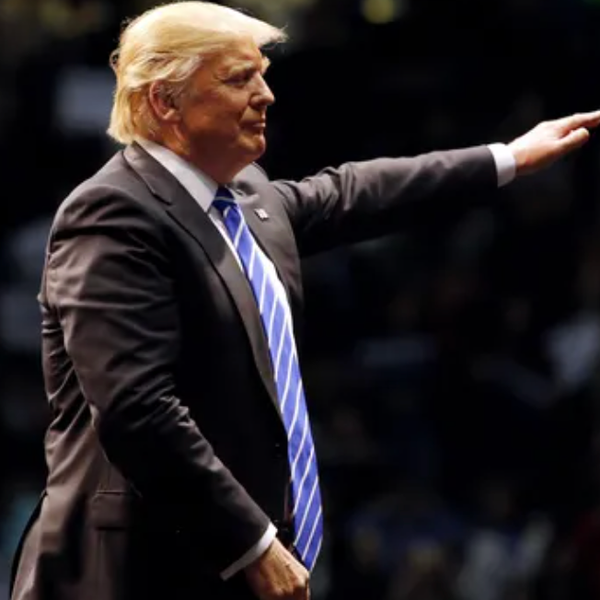'Lingering Effects': The Long-Term Cost Of Long COVID
Well over 100 million U.S. adults have contracted Covid since the beginning of the pandemic with an estimated 13% of patients suffering from its long-term effects. The most common symptoms among this very large group are chronic fatigue, breathing difficulties and “brain fog” — the loss concentration and memory.
Little attention has been paid to the impact this suffering is having on health care spending, which is once again growing at a faster clip than the rest of the economy. An early study conducted by David Cutler at Harvard conservatively estimated Long Covid treatment had cost $528 billion through the end of 2022. More than two years later, that spending would be far higher.
Even less attention has been paid to its impact on the broader economy. That same study estimated Long Covid reduced earnings by nearly a trillion dollars among its sufferers, which would make the disease a significant contributor to the relatively slow economic growth we’ve seen over the past two years.
A new study released today in JAMA seeks to quantify the financial impact on working-age adults from Long Covid. It found people reporting long-term effects from the disease experienced greater unemployment, reduced work hours and were more likely to experience activity impairment at work compared to those whose disease resolved quickly without long-term effects.
“The substantial employment and economic burdens … underscore the need for targeted policy interventions and greater workplace support structures to ensure that the sizable U.S. workforce that may have Long COVID is able to contribute to economic activity and to avoid personal economic hardship,” the study authors concluded.
The study, conducted at eight academic medical centers, followed 3,663 people who contracted COVID during the first two years of the pandemic for at least six months after they recovered. More than a quarter (27.1 percent) of the participants reported having symptoms of Long Covid with nearly half of them reporting a waxing and waning of their symptoms.
The lingering effects of the disease proved devastating to their work lives. Those with either resolved or current Long Covid were nearly three times more likely to be unemployed compared to those who suffered no after-effects from the disease. More than 40 percent of Long Covid sufferers (current or resolved) had reduced work hours compared to just 14% of those without it.
And as far as productivity was concerned, those with Long COVID were 44 percent more likely than those without it to ask for shorter hours or less demanding work. As a consequence, the Long COVID group was five times more likely to face economic stress in their daily lives compared to those without it.
The bottom line: The media, following the lead of the federal government, has largely moved on from reporting on the ongoing effects of the pandemic. That ignores ongoing physical and economic impact it is having on well over 13 million Americans.
Reprinted with permission from Gooz News.

